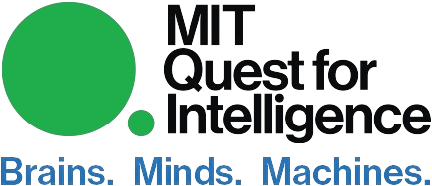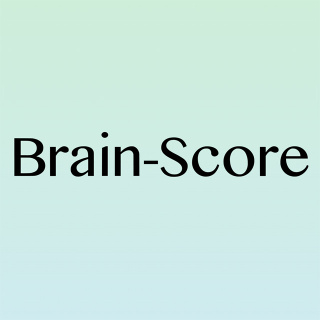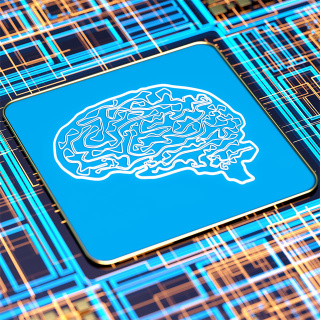Researchers in the Quest aim to understand intelligence — how brains produce it and how it can be replicated in artificial systems. We approach this as a single grand challenge requiring the organized, collaborative efforts of science, engineering, the humanities and beyond.
To execute on its vision, the Quest has established “Missions,” long-term collaborative projects rooted in foundational questions in and centered around a single domain of intelligence, and “Platforms,” software systems that enable Missions research in new directions.
Each Quest Mission brings together a team of scientists and engineers to pose and answer foundational questions of natural intelligence where current AI falls short, to build engineered systems as scientific hypotheses to advance these studies, and to execute tests of those systems to ensure that scientific progress is iteratively guided by natural intelligence results and real-world AI engineering challenges.
Platforms are software systems that enable Missions teams to pursue research in new directions, specifically through creation of benchmarking and testing interfaces that use data from the Missions to help refine and expand the work.









